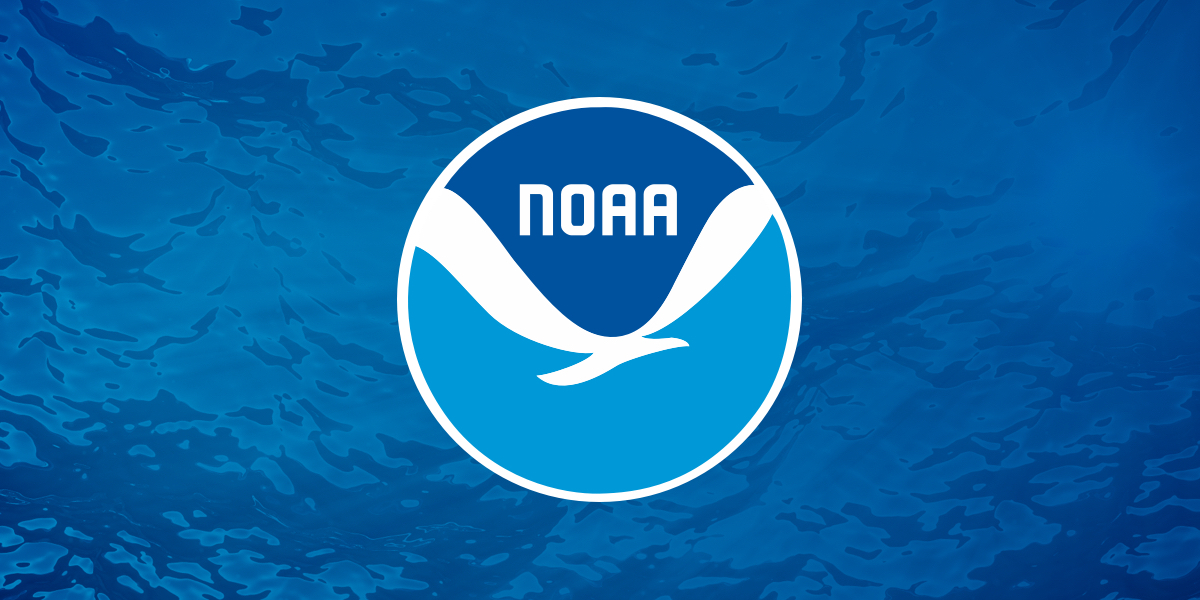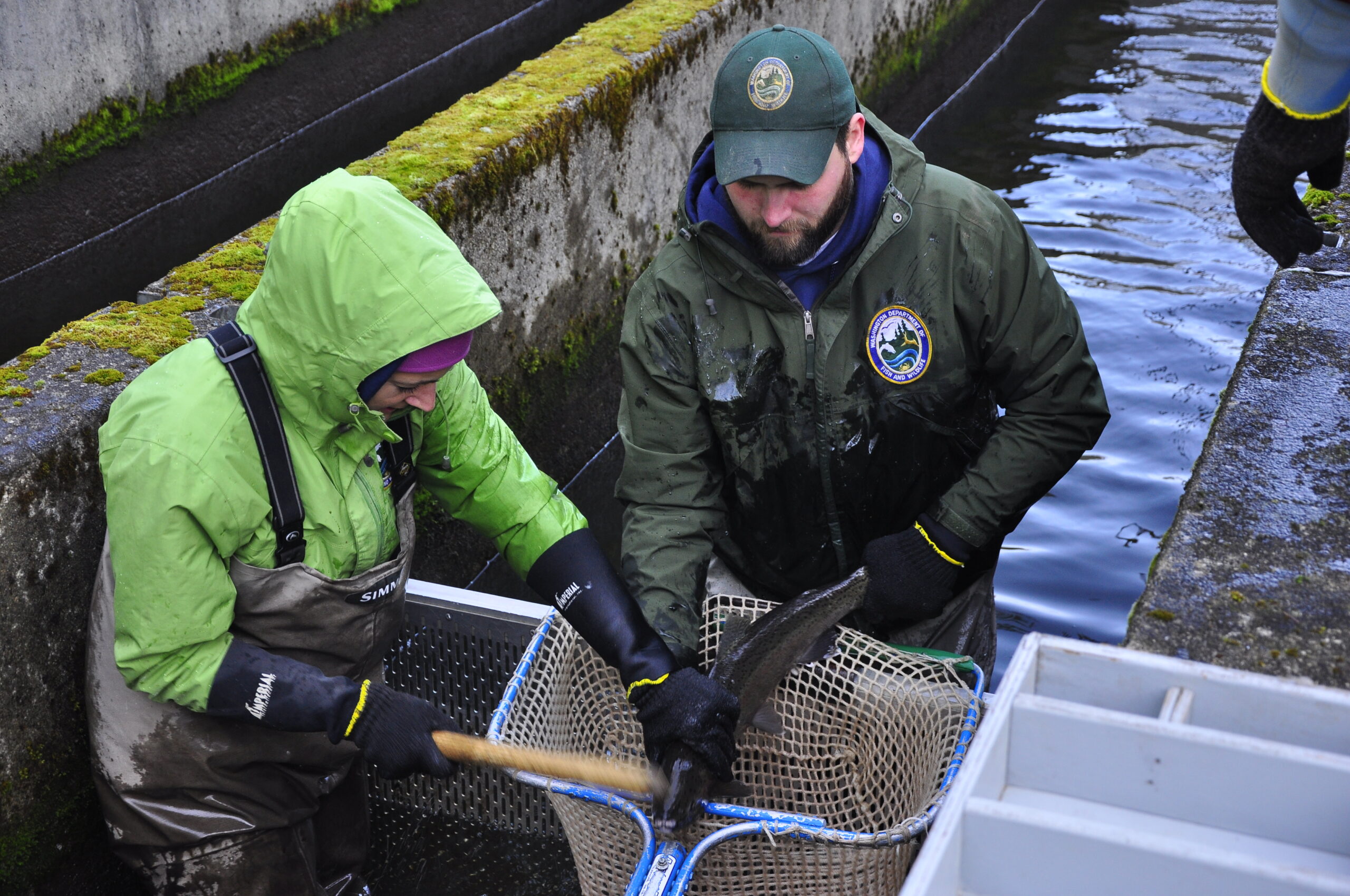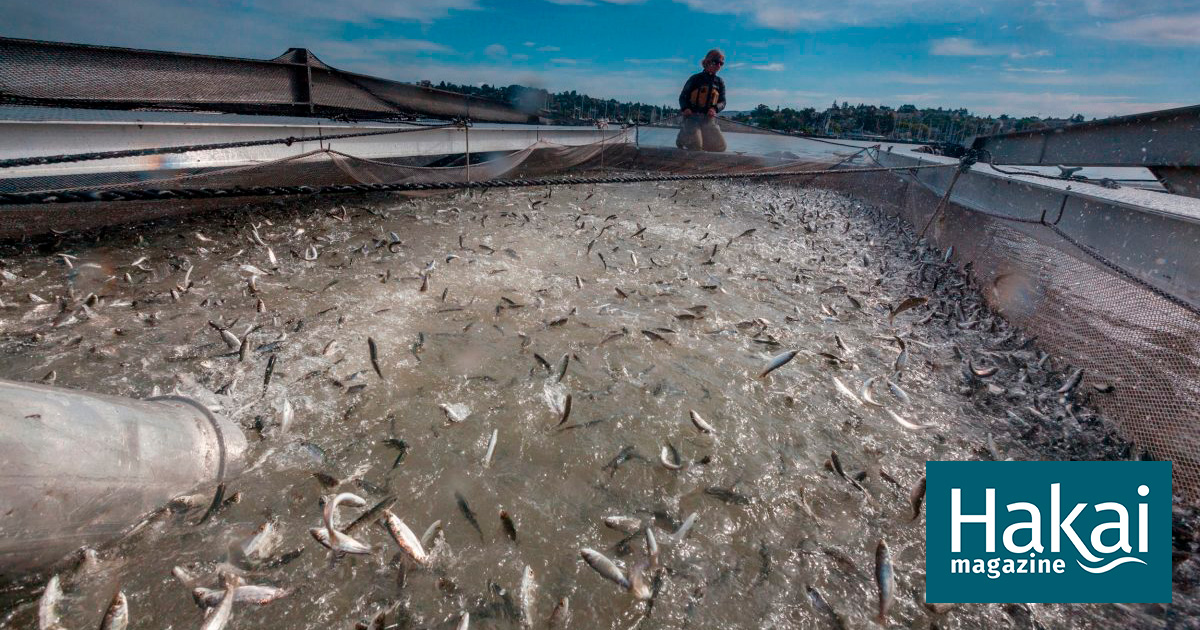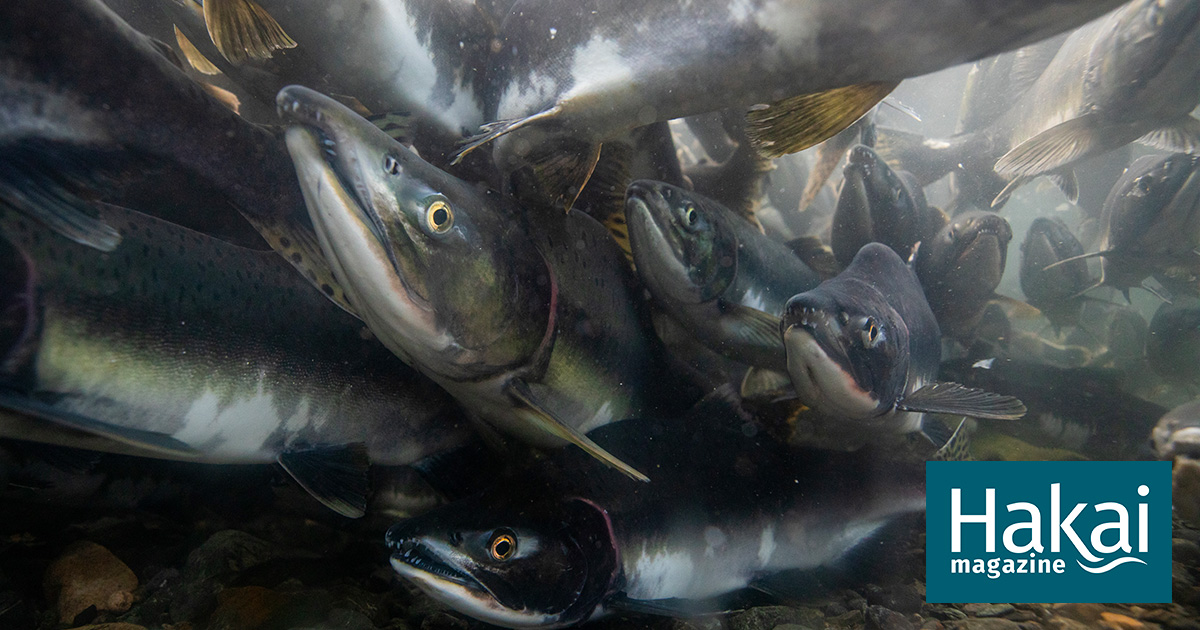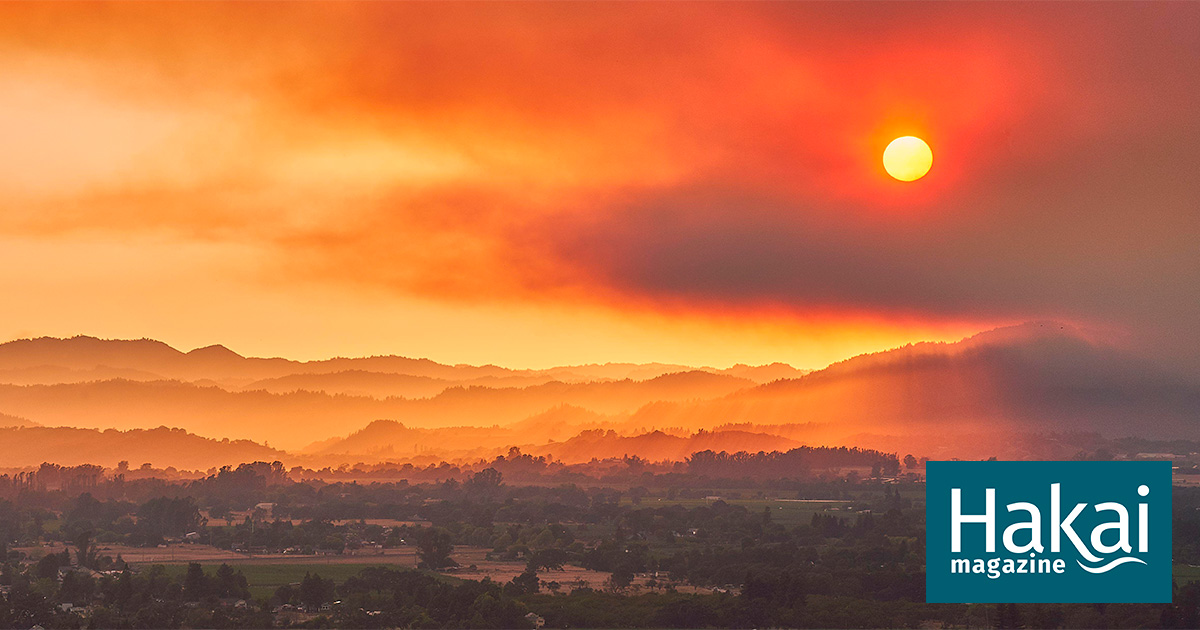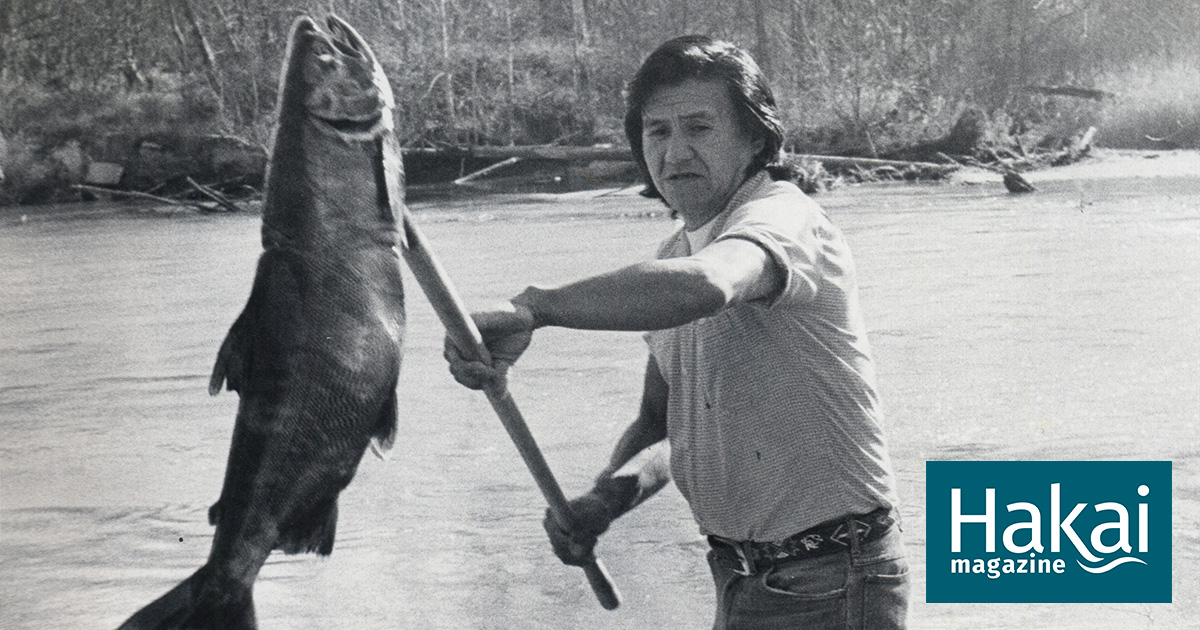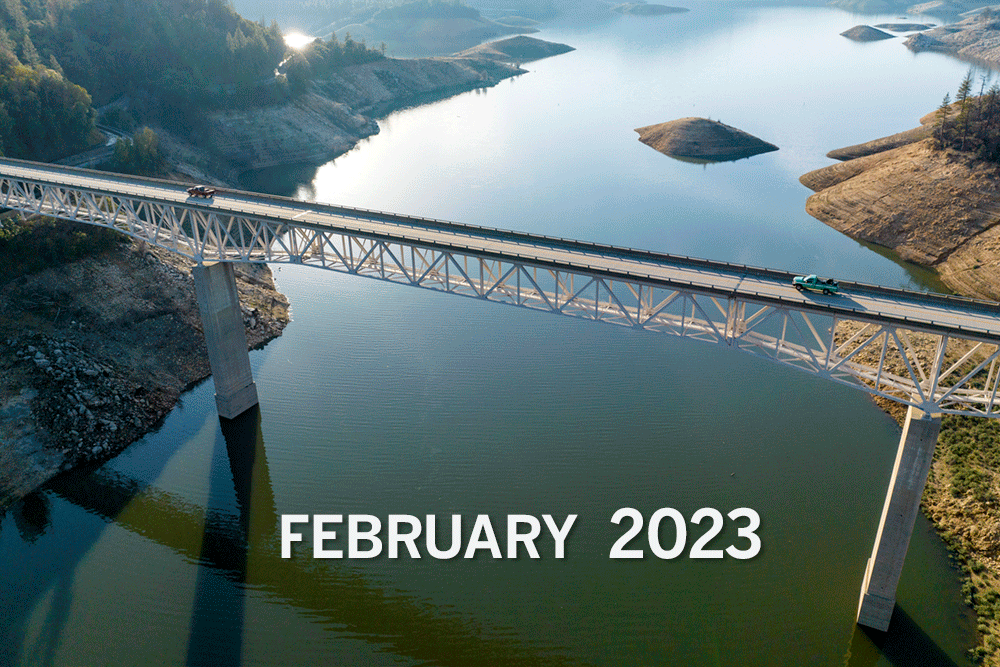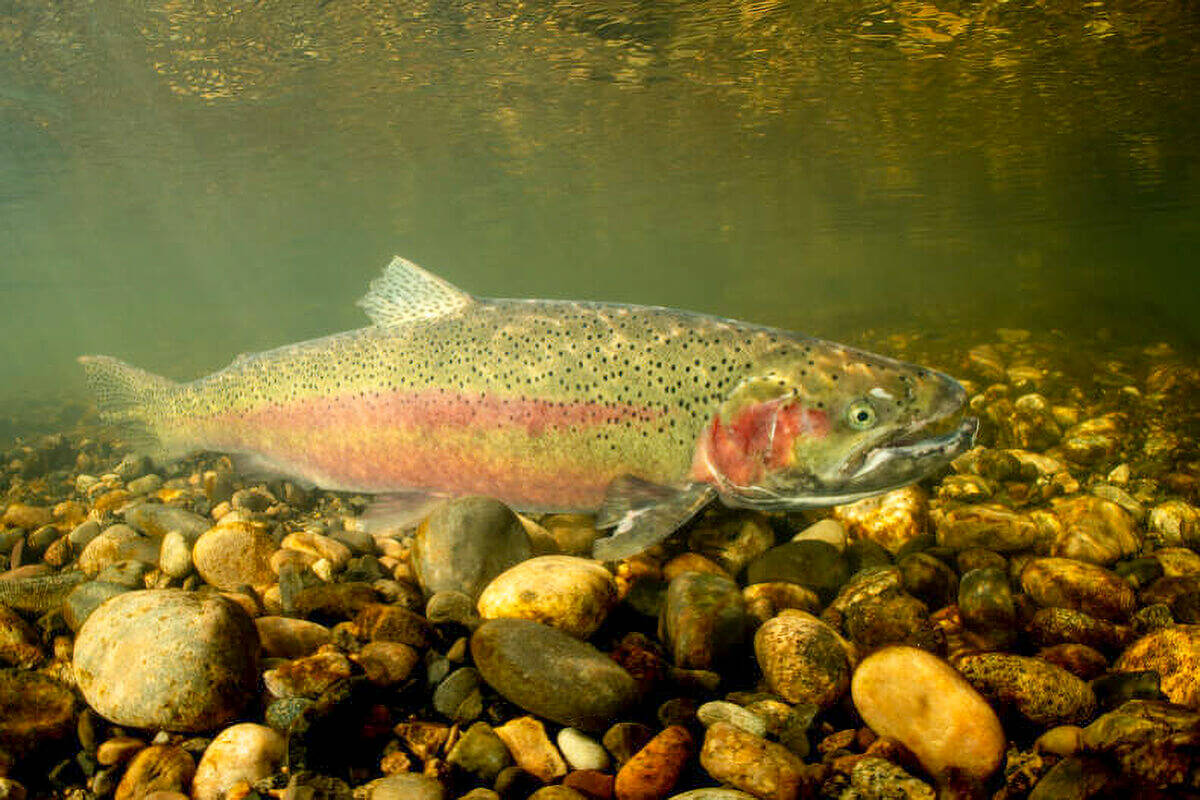Goodfish
Well-known member
Not exactly salmon related but I have sure noticed that many of the grocery stores in my area are advertising Chinese caught fish. I was looking for some cod for fish tacos this week and was quite surprised that I had to check a couple places to find some Alaska caught cod. I can’t imagine a worse plan than buying Chinese caught or processed fish based on their history of skirting the rules, let alone sustainability.




